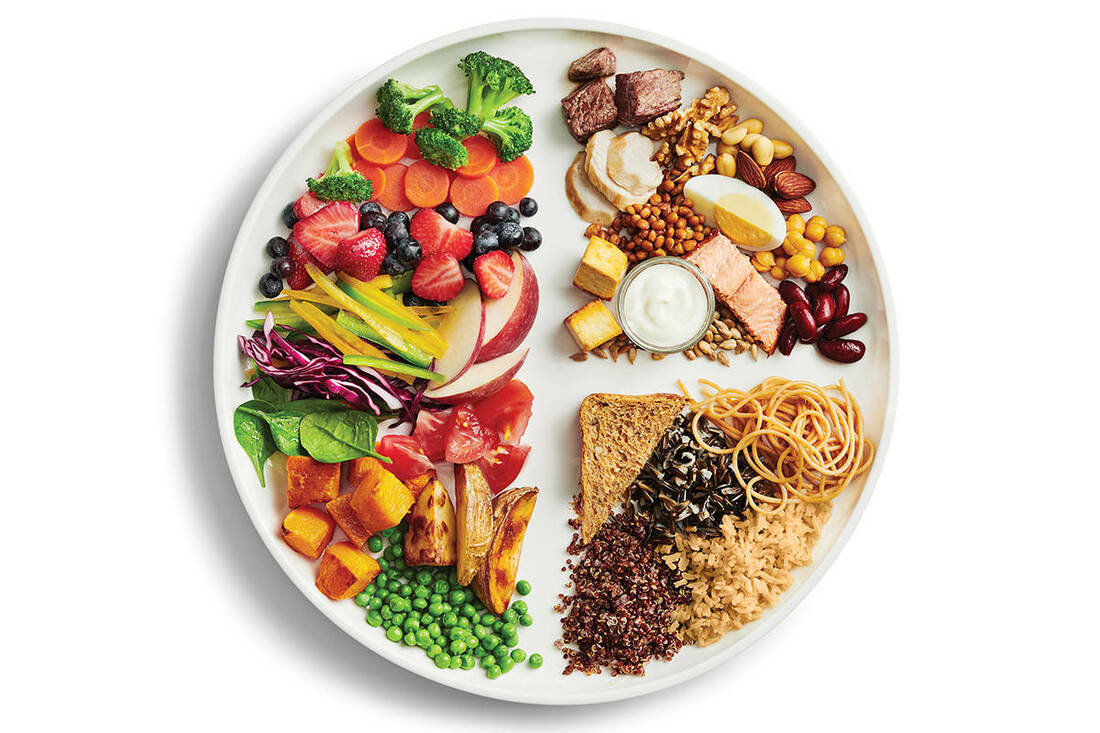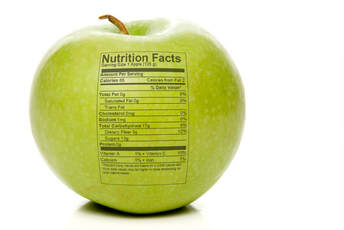|
Seasonal allergies are upon us and this means so are the dreaded sinus symptoms, but it does not have to be this way! Wouldn’t it be great if you could enjoy your spring and summer to the fullest without the interruption and discomfort of all the sinus symptoms caused by seasonal allergies? Read on, and learn how!
Allergies in general, contrary to popular belief, are not a sign of a depressed immune system. They are in fact a sign that our immune system is overactive or unbalanced. More precisely, it is a reaction caused by triggers such as food and environmental factors that becomes exaggerated. In seasonal allergies (also called allergic rhinitis or hay fever), the body has an inappropriate exaggerated response to pollen, dust, plants and other irritants. When the buds on the trees appear and those fluffy dandelions pop up, we can see the pollen on our cars and feel the puffiness in our eyes and noses, hence why we refer to them as "seasonal". Symptoms of seasonal allergies include a stuffy and runny nose, itchy, burning eyes and nose, headaches, sneezing, fatigue, fogginess, and even breathing issues. Often, individuals with allergies are directed toward over the counter and even prescription medications such as antihistamines to control the allergic reaction and give some temporary relief. Although the medications are usually helpful in providing relief, long term use can cause unwanted side effects such as rapid heart beat and depression. Some of these medications may also interact dangerously with other medications. The good news is that there are alternatives to medications that are safe and free of nasty side effects!There are several natural options to treat seasonal allergies successfully and help to prevent further occurrences. Some natural treatments include:
Other very effective treatments such as individualized acupuncture protocols, supplements and botanical medicines may be indicated in some harder to treat cases. Talk to your naturopathic doctor to find out which therapy is best for you and get ready to enjoy this season allergy free and full of energy! `
74 Comments
Two common treatments for some of the same symptoms are adrenal and B12 injections. If you have symptoms of low energy and fatigue, difficulty managing stress, weight issues and depressed or fluctuating mood swings, you might be suffering from adrenal dysfunction or be deficient in vitamin B12. Nutrient injections are a popular and effective way to help reboot the spring in your step and get you back on your feet feeling normal again.
Eating healthy shouldn't be complicated. With access to information at its highest, most of us have the ability to learn all about proper nutrition and food preparation. Understanding the basics of proper nutrition are a great start to integrating healthy eating habits as a lifestyle change rather than following trendy fad diet advice. Recently, Canada's Food Guide got a beautiful update and it's simple to follow. The changes move from focusing on portions and four groups of food, to three basic things to consider around eating: what to eat, what to avoid and what to think about when making these choices. The picture above outlines the "what to eat" part, with an emphasis on plant-based foods, more vegetables and fruits, some healthy proteins and fats and whole grains. A big change is the move away from dairy as a food group. I have personally been waiting since the last update to the food guide in 2007, the same year I discovered the relationship between dairy and my eczema, to see this change. As we now understand that milk and dairy pose problems for many people, water is the best drink of choice. I get asked often about how to eat right. In my town, many people have just always followed the same food traditions they were brought up on and they are eager for information on ways to improve their diet. I am not a formally trained nutritionist, but I have educated myself in clean eating, I follow some amazing holistic nutritionists on social media and use hoslitic nutritional guidelines as the base of my resources. In the past 15 years I have personally discovered the health benefits to following the holistic guidelines of eating well. Despite getting raised eyebrows from my chocolate avocado brownie recipe, the blind taste tests win them over every time. Although I always have an eye and ear out for the newest nutritional recommendations from the holistic nutritional community, there are a few top tips I consider for healthy eating. 1. Choose whole foods, plant-based mostly, following the new food guide for what makes up my plate. 2. Choose local and organic as much as possible. Finding a farmer in our community between the market and asking your neighbour is an easy way to limit the miles between farm and plate. 3. NO refined sugar. Making the switch to honey and maple syrup is the best decision you can make. Both are natural sweeteners that also have added health benefits and will not spike blood sugar levels like white sugar. 4. NO dairy. This can be a difficult switch for many, but with so many non-diary options out there it can be deliciously done! 5. Learn how to read the ingredient list with the food label. This is probably the biggest rule I follow. The number of calories is less significant that the content of food. Chemicals and artificial foods make for an attractive low-calorie option, but calories are not the enemy. Routine and repetition shouldn't be feared around eating. I look at my grocery list like a canvas of the same foods that are mixed and matched to create a variety of healthy food options that are not only easy to make but taste delicious and leave me and my family feeling good all around. A little food prep once a week saves time during the week, which means no stops for fast food or hangry littles after hockey. With the right guide for proper nutrition, a little bit of time and effort and an open mind, everyone has the opportunity to bring healthy eating habits into their life.
Stress is something that touches almost everyone. It might be a regular or even daily thing that affects our lives, from work obligations to family responsibilities and the art of rushing and being "busy". Often situations arise that cause unusual stress like trauma, loss or becoming overwhelmed and other times it can be cumulative bouts of anxiety or depression that spins the mind and body out of balance. The stresses that occur in our lives can be directly linked to our mental health and it is important to develop appropriate coping skills to ensure our mental health stays balanced.
It's back to school time! That time of year when children must adjust to having a regular routine five days a week. Having to be in school a number of hours each day, focusing during classes and coming home to spend more time on homework can be a great challenge for any child (and their parents). Add all of that stress on a child with a learning disability such as ADD, ADHD or dyslexia, this can be especially challenging.
|
|










